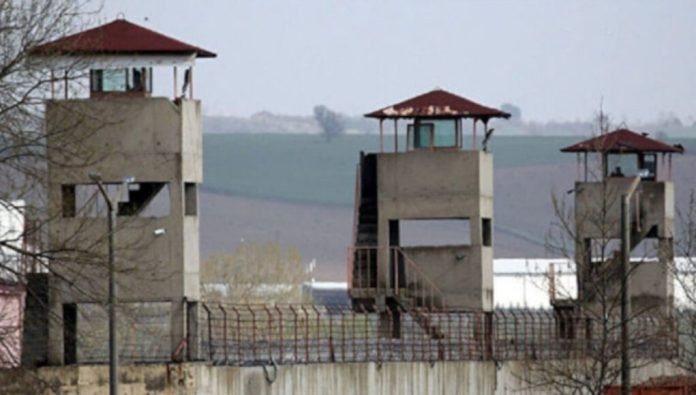The Turkey-based Human Rights Association (İHD) on Thursday released a statement calling on the authorities to end their practice of targeting people on terrorism financing charges for providing financial aid to prisoners.
The İHD said judicial authorities have long been going after money transfers between prisoners and family members on the outside or between inmates and their legal guardians or lawyers.
The statement pointed out that the inmates do not exercise control over their finances as they receive the transfers and spend their money in accordance with a regulation that grants prison authorities control over financial transactions.
“It is unacceptable that people are targeted based on the assumption that the prisoners are members of a terrorist organization,” the statement said.
In recent years, several reports have emerged of people being detained and prosecuted over their financial support for imprisoned relatives or acquaintances.
The practice primarily impacts Kurds jailed on alleged links to the outlawed Kurdistan Workers’ Party (PKK) and alleged members of the Gülen movement, a faith-based group accused by the authorities of “terrorist activities.”
Turkish President Recep Tayyip Erdoğan has been targeting followers of the Gülen movement, inspired by Turkish Muslim cleric Fethullah Gülen, since the corruption investigations of December 17-25, 2013, which implicated then-prime minister Erdoğan, his family members and his inner circle.
Dismissing the investigations as a Gülenist coup and conspiracy against his government, Erdoğan designated the movement as a terrorist organization and began to target its members. He intensified the crackdown on the movement following an abortive putsch in 2016 that he accused Gülen of masterminding. Gülen and the movement strongly deny involvement in the coup attempt or any terrorist activity.
The PKK is an armed separatist group designated as a terrorist organization by Turkey and much of the international community.
Turkey’s anti-terror laws are frequently criticized by human rights groups and international organizations for being overly broad and ambiguous, allowing too much room for interpretation, which in recent years has led to many prosecutions based on guilt by association, without examination of individual wrongdoing.
Turkey’s post-coup purges also included the mass removal of more than 4,000 judges and prosecutors immediately after the failed coup which, according to many international observers, had a chilling effect on the legal professionals who continued to work in the judiciary.
Erdoğan’s government has also been accused of replacing the purged judicial members with young and inexperienced judges and prosecutors who have close links to the ruling Justice and Development Party (AKP).
In a development that confirmed the erosion of the Turkish judiciary, Turkey was ranked 117th among 142 countries in the 2023 Rule of Law Index published by the World Justice Project (WJP) in late October, dropping one place in comparison to the previous year.















